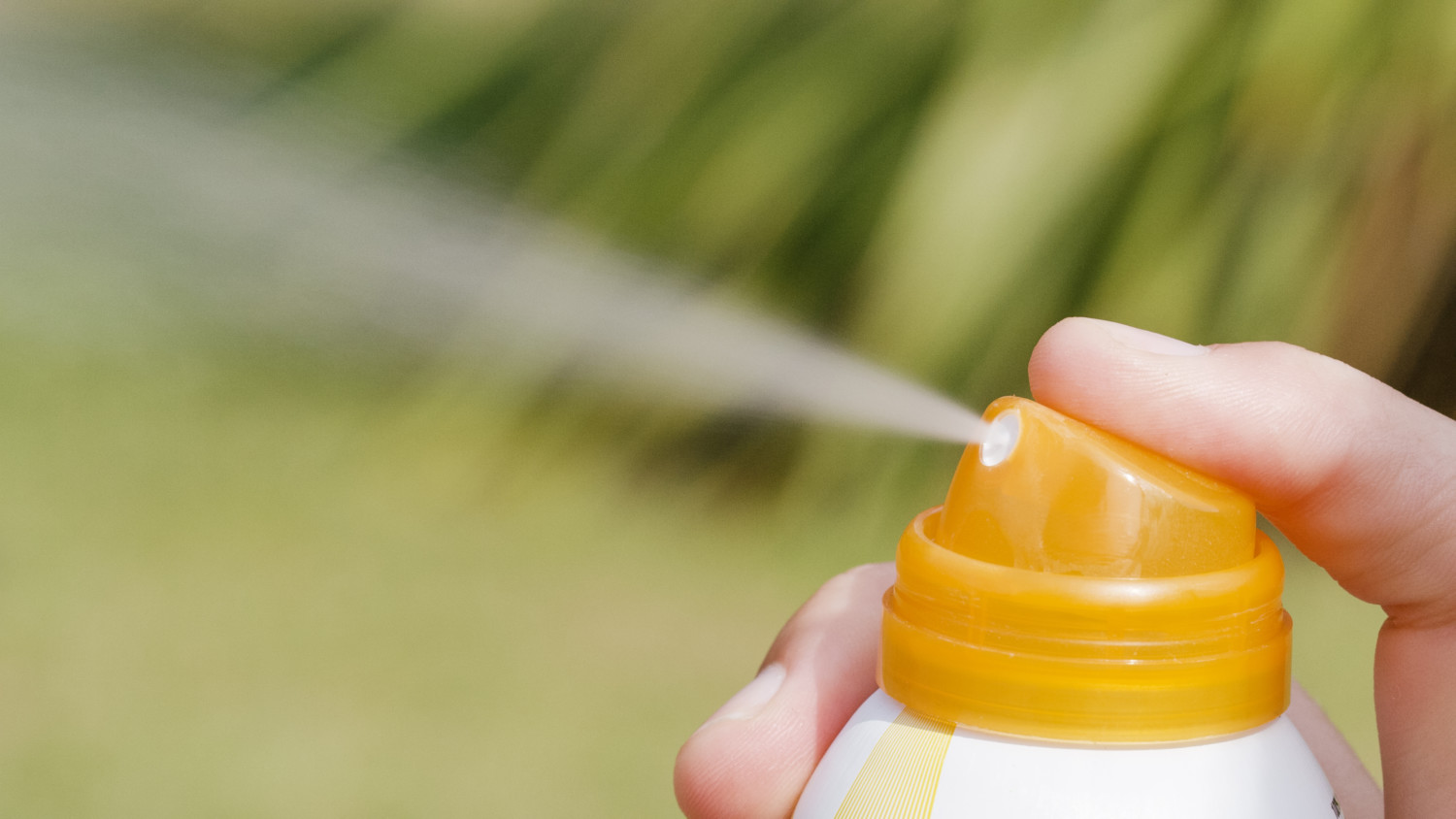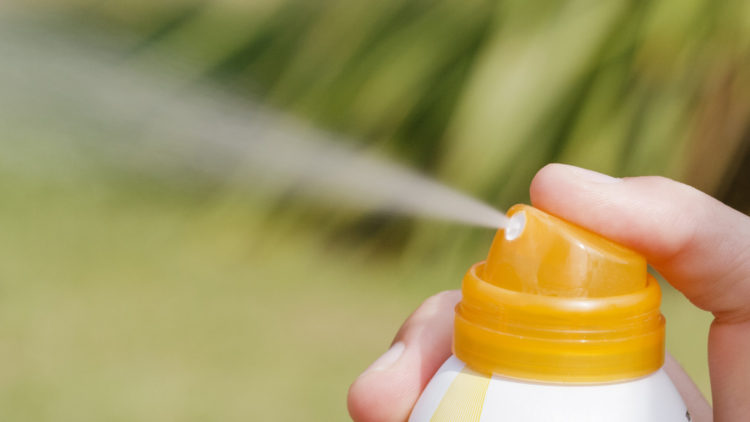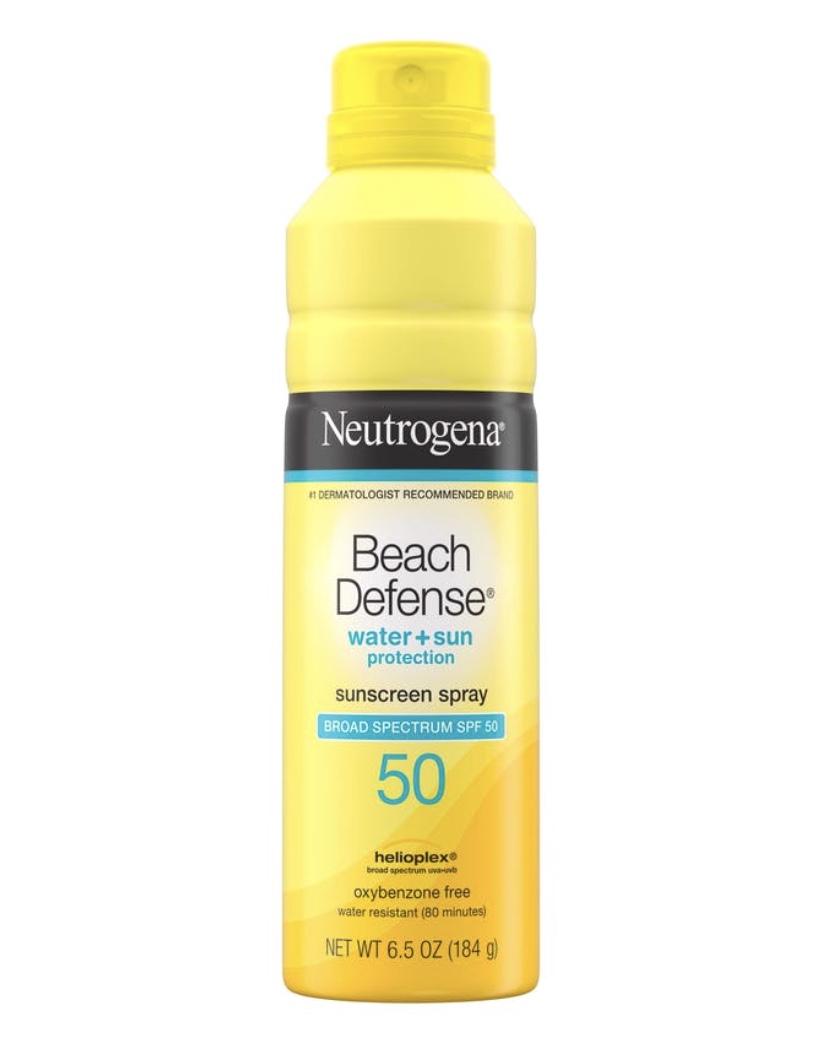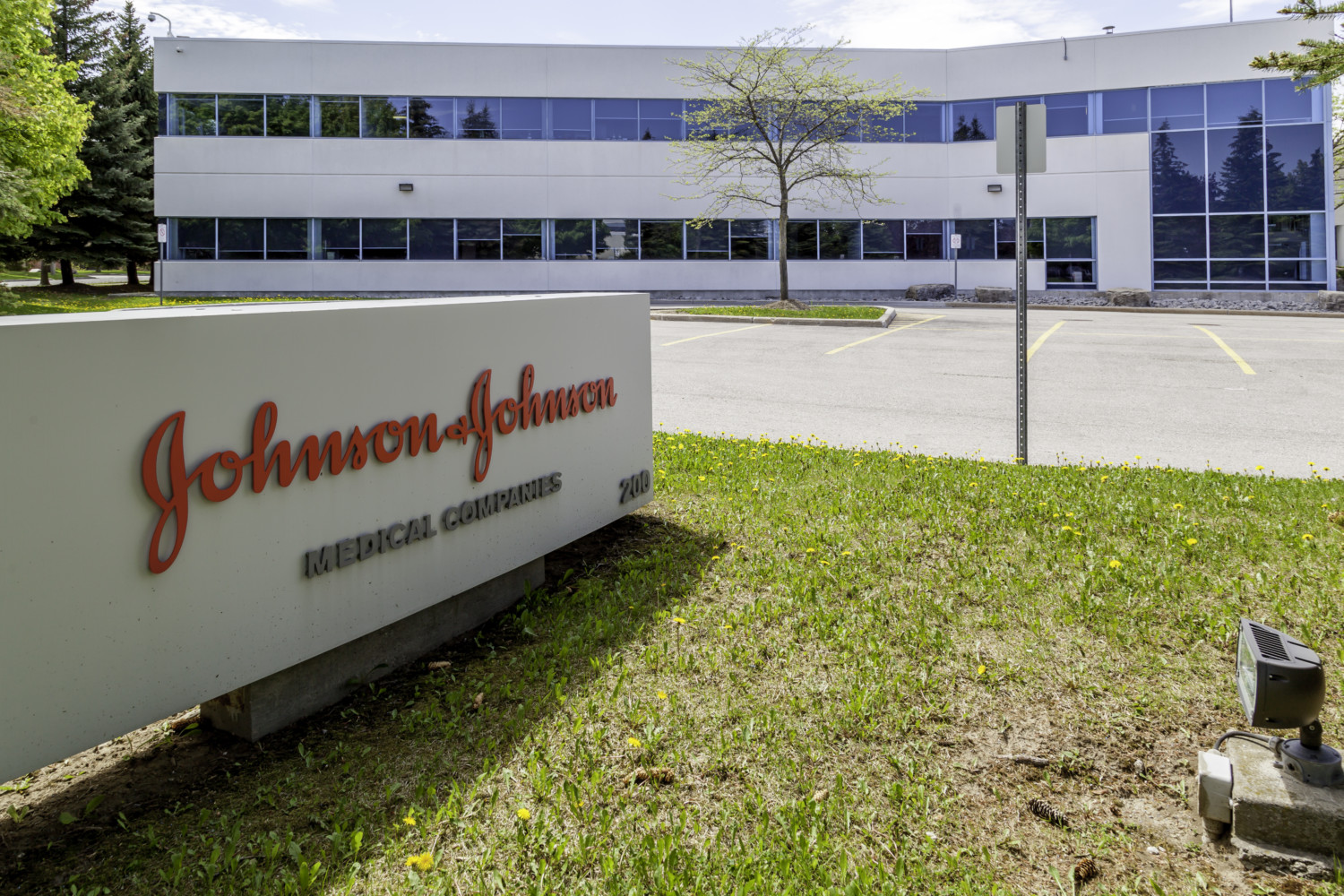The products and services mentioned below were selected independent of sales and advertising. However, Simplemost may receive a small commission from the purchase of any products or services through an affiliate link to the retailer's website.
Benzene is a chemical that people are exposed to daily through both natural and human activities. It’s used regularly in U.S. industry to make resins, plastics, fibers, rubbers, detergents, dyes, drugs and other manufactured items. However, it’s considered carcinogenic by the Environmental Protection Agency; humans exposed to benzene can suffer from a number of dangerous symptoms, and long-term exposure is linked to disorders of the blood and reproductive effects.
Unfortunately, batches of aerosol sunscreens from Aveeno, Neutrogena and Coppertone were voluntarily recalled in 2021 by manufacturers for having too-high levels of this dangerous chemical, which can be inhaled, absorbed through the skin or ingested orally.
When Johnson & Johnson issued a voluntary recall of Neutrogena and Aveeno sunscreens containing benzene, the company said they posed no threat to the general public. However, according to an investigation from Consumer Reports, a Food and Drug Administration (FDA) “Health Hazard Evaluation” on these products completed ahead of the recall found that they contained levels of benzene that were likely to cause serious adverse effects, including “permanent impairment of a body function.”
Here’s what you need to know.

Benzene Contamination Found In Aerosol Sunscreen
Valisure, a patient advisory, consumer protection, and research and development group, published a report in May that its researchers had found high levels of benzene in several brands and batches of sunscreen and after-sun care products, both of which are regulated by the Food and Drug Administration. As a result, Valisure requested a recall and better-defined limits for benzene contamination in drug and cosmetic products.
Then, in July, the U.S. Food and Drug Administration (FDA) announced that Johnson & Johnson Consumer Inc. issued a voluntary recall of specific Neutrogena and Aveeno aerosol sunscreen products due to the presence of benzene.
The FDA advises that the benzene levels of consumer products and drugs should be no more than two parts per million. Independent standards organizations report an increased risk of cancer with daily exposure above that threshold.
However, Consumer Reports found that the FDA misled the public about the risks posed by aerosol sunscreen products. In addition, while Johnson & Johnson reported that the levels found were not a likely health risk, a report by the FDA and scientists Consumer Reports spoke with contradicted that statement.

The Johnson & Johnson Recall
While the government agency republished Johnson & Johnson’s recall statement, they did not provide additional information. However, the FDA completed an internal report before the announcement, and Consumer Reports obtained the document through the Freedom of Information Act.
In its CDER Health Hazard Evaluation, the FDA reported that Johnson & Johnson’s tests detected levels of benzene 5-12 times above the limits advised by the U.S. Pharmacopeia (USP), an independent, scientific nonprofit organization committed to the quality of medicines and to the protection of patients, and the International Council for Harmonisation of Technical Requirements for Pharmaceuticals for Human Use (ICH), an initiative that unites regulatory authorities and pharmaceutical industry.
Because of the high levels of benzene, the FDA report concluded there was a likelihood of serious adverse effects, including potential for life-threatening issues 0r “permanent impairment of a body function.” In addition, the report stated that “individuals with altered skin absorption (i.e., infants, elderly, broken skin) and individuals who are exposed to benzene from other sources (e.g. smokers or occupational/environmental exposure) may be at greater risk.”
Although the recall statement from Johnson & Johnson notes that people are exposed to benzene daily from multiple sources, experts express that the levels found in these products are alarming.
“Research clearly shows that regular exposure to benzene at levels above two ppm increases the risk of cancer, and the amount detected in these products was well above that,” Michael Hansen, Ph.D., a senior scientist at Consumer Reports, said in a report, adding that even 2 ppm is many times higher than the level of benzene allowed in drinking water and that because the sunscreens are aerosols, people might also be exposed through inhalation.
The recall included the following products:
- Neutrogena Beach Defense Aerosol Sunscreen
- Neutrogena Cool Dry Sport Aerosol Sunscreen
- Neutrogena Invisible Daily Defense Aerosol Sunscreen
- Neutrogena Ultra Sheer Aerosol Sunscreen
- Aveeno Protect + Refresh Aerosol Sunscreen
The products were distributed nationwide through a variety of retail channels. If you have any of the products listed, stop using them immediately and discard them. To ask questions or request a refund, you can call the JJCI Consumer Care Center at 800-458-1673.
If you have experienced adverse reactions or quality problems with these products, you can submit a report to the FDA’s MedWatch Adverse Event Reporting program online or by calling 800-332-1088.

Experts and consumer health advocates state that, along with the recall, the FDA should have alerted the public to its findings, particularly since it conflicted with the company’s statement.
“We will continue to investigate and work to ensure these types of impurities do not exceed acceptable limits,” Courtney Rhodes, an FDA spokesperson, told Consumer Reports. However, the agency declined to comment specifically about the internal report.
In October, Johnson & Johnson and Costco Wholesale Corp reached a tentative agreement to settle lawsuits over the presence of benzene in the recalled sunscreen products. The company has also been under fire for several years due to allegations that thousands of women were diagnosed with ovarian cancer and mesothelioma after using its talc-based baby powder.
In November, the brand announced it would be separating into two different companies. Legal experts state that the split will allow the two companies to also divide up their liabilities, presumably taking some pressure off.

The Coppertone Recall
In late September, Coppertone, a brand owned by Beiersdorf, also pulled products off shelves because higher levels of benzene had been found in multiple lots, which it said was out of “an abundance of caution.” The affected Coppertone products were made between Jan. 10 and June 15 and sold all over the U.S. They include:
- Coppertone’s Pure & Simple SPF 50 Spray,
- Pure & Simple Kids SPF 50 Spray,
- Pure & Simple Baby SPF 50 Spray,
- Sport Mineral SPF 50 Spray,
- and Coppertone Sport Spray SPF 50 (travel size).
You’ll want to check the FDA’s announcement for specific lot numbers. Those who have purchased these products should stop using them and dispose of them immediately. Get more information from 888)-921-1537 or go online and request a refund.

Valisure founder David Light told CNet that the problem appears not to be limited to a brand of sunscreen, but rather is happening in certain batches or lots.
“In this case it really seems to be a manufacturing contaminant problem, not an inherent problem with sunscreen,” Light said. “People should still continue to use sunscreen, I think, is an important message to get across.”
This story originally appeared on Simplemost. Checkout Simplemost for additional stories.


